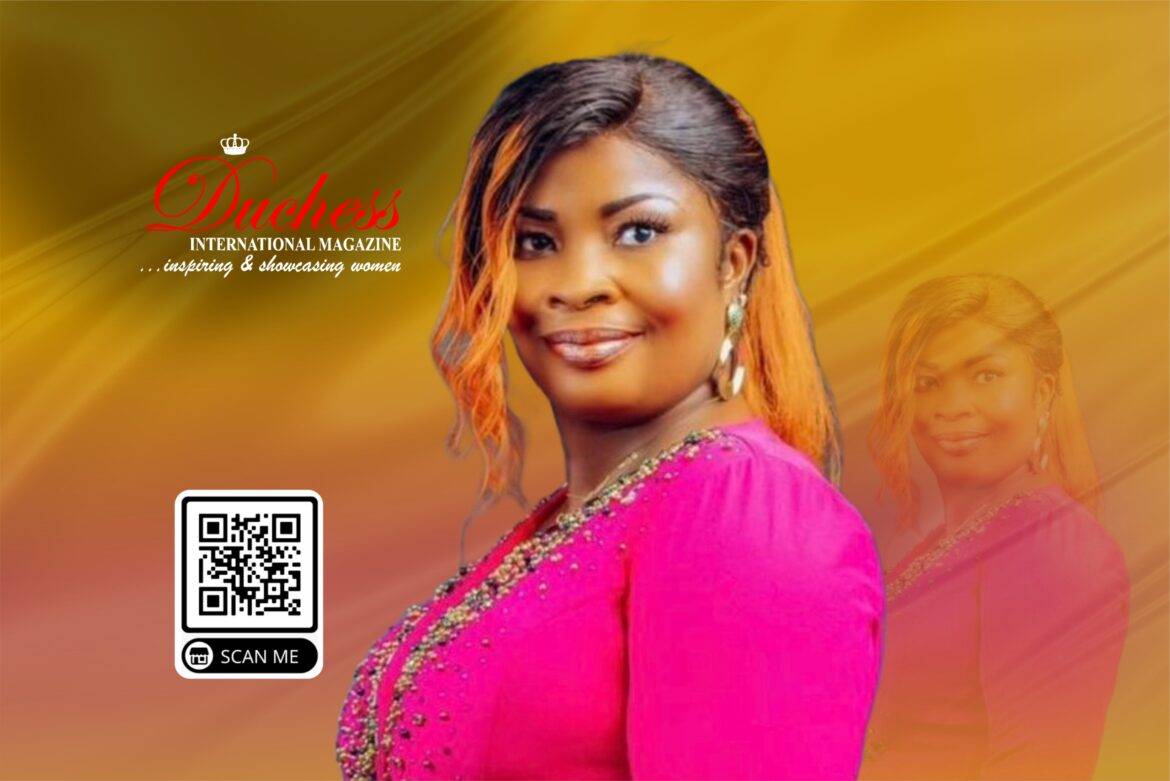Dr. Isata Bendu Mahoi, Sierra Leone’s Minister of Gender and Children’s Affairs, shared her country’s strides in women’s empowerment at the 68th session of the Commission on the State of Women (CSW) at the UN headquarters in New York. In an interview with Africa Renewal’s Kingsley Ighobor, Dr. Mahoi highlighted the achievements, ongoing efforts, and challenges in promoting gender equality in Sierra Leone.
Sierra Leone’s Commitment to Women’s Empowerment
Sierra Leone has a tumultuous history marked by war, Ebola, and natural disasters. Despite these challenges, the country has made significant progress in placing women’s empowerment at the center of its development agenda. “Women suffered the most during these crises, but we have picked ourselves up,” Dr. Mahoi stated.
The government has ratified several international agreements, including the Convention on the Elimination of All Forms of Discrimination against Women (CEDAW) and the Maputo Protocol. On the domestic front, numerous gender-related laws have been enacted and updated to address existing gaps. Notably, the Sexual Offences Act was revised in 2019 to impose stiffer penalties on perpetrators of sexual violence.
Increased Female Representation in Government
One of the tangible results of these efforts is the increased representation of women in the government. Currently, there are 42 female Members of Parliament out of 149, a significant increase from previous years. The number of female Cabinet ministers has also doubled from five to ten, with an additional eleven female deputy ministers.
“We established the Gender Equality and Women’s Empowerment (GEWE) Secretariat within our ministry, with support from the World Bank,” Dr. Mahoi noted. This secretariat monitors gender-related activities across government ministries, ensuring that policies fostering women’s empowerment are fully implemented.
Financial Inclusion and Empowerment Initiatives
To foster financial inclusion, particularly for women engaged in small and medium-sized enterprises (SMEs), the government launched the Munafa Fund. This initiative, spearheaded by the Bank of Sierra Leone, allows women to access loans from commercial banks at low-interest rates. Further, the World Bank is set to launch a financial inclusion project targeting women, complementing the efforts of the National Commission for Social Action (NACSA).
Promoting Women’s Land Rights
The Customary Land Rights Act is another milestone in the journey towards gender equality. Previously, women faced significant barriers in owning land. The new law guarantees women’s rights to own, hold, use, and inherit land, crucial for their economic empowerment.
Combating Violence Against Women
Sierra Leone has made strides in combating violence against women, including sexual violence. The establishment of Sexual Offences Model Courts has fast-tracked cases involving sexual violence against minors, ensuring swift justice. Additionally, One-Stop Centres in hospitals and a toll-free hotline provide essential services to victims, particularly in remote areas.
Navigating Challenges in a Male-Dominated Field
Dr. Mahoi acknowledges the challenges of navigating a male-dominated political field. “It’s a bit of a challenge when some men are only now coming to terms with the fact that women are their equals,” she explained. Initiatives like the Male Engagement Strategy and the upcoming Real Man campaign aim to cultivate male champions who support gender equality.
Vision for the Future
Dr. Mahoi’s vision for success includes introducing innovative strategies to empower women, eliminating barriers to their progress, and ensuring equal access to resources and opportunities. She emphasizes the importance of mentoring young people, particularly university students, to nurture them into confident and empowered individuals.
A Message to Young Women
Dr. Mahoi’s message to young women across Africa is this, “Take your seat at the table with determination. Reject the influence of drugs. Let’s nurture a generation of tech-savvy youth ready to drive transformative change in Africa.”



